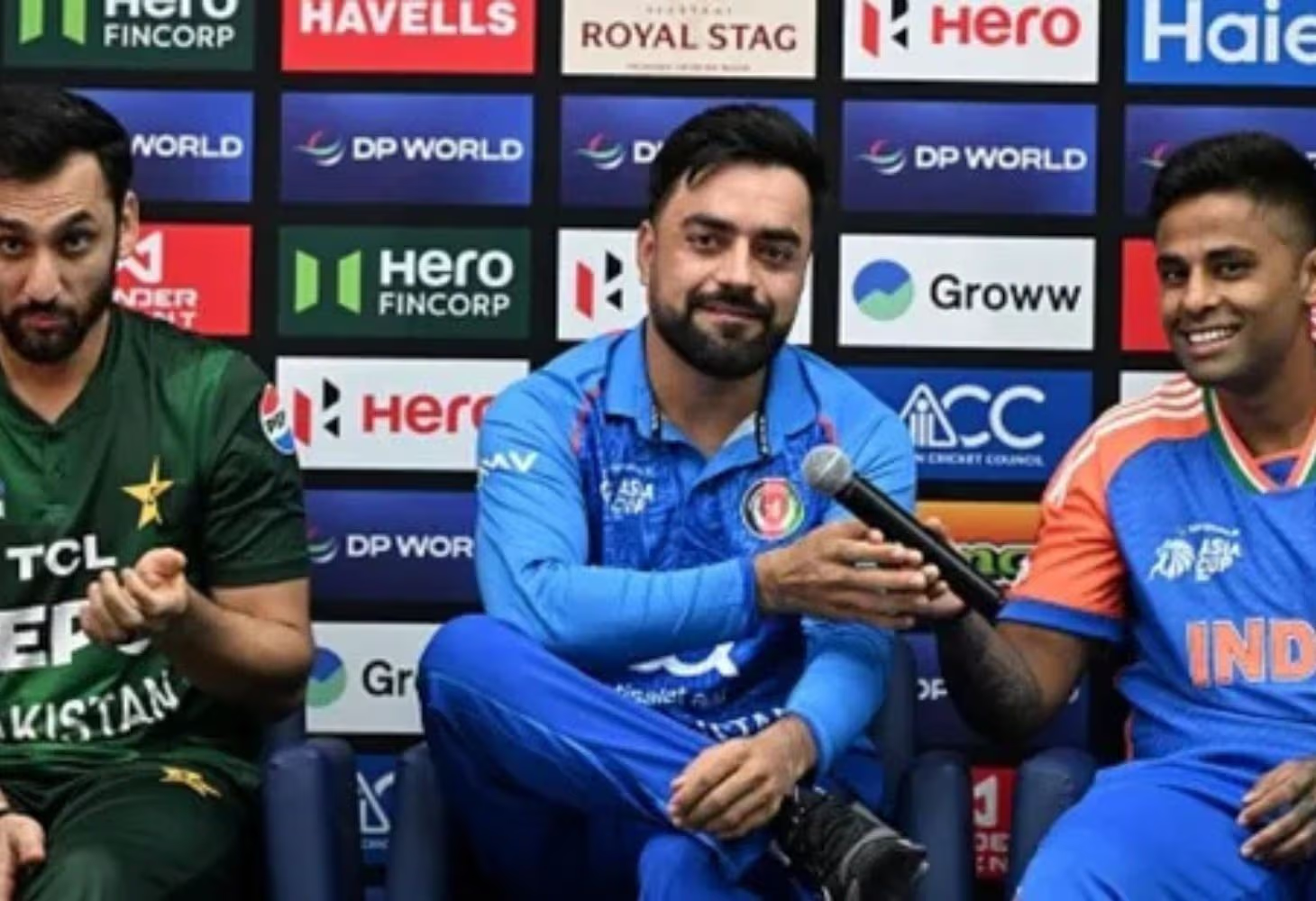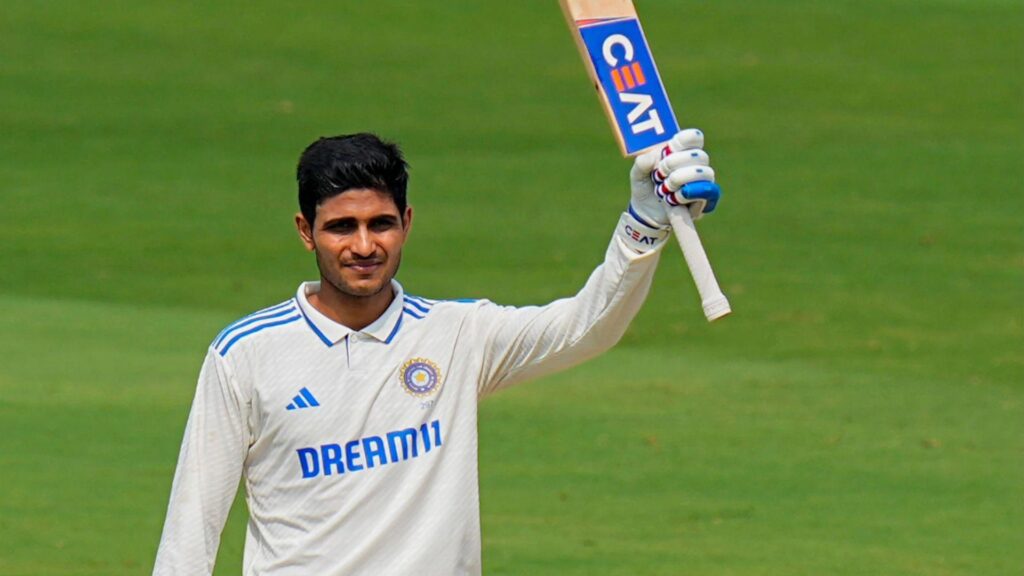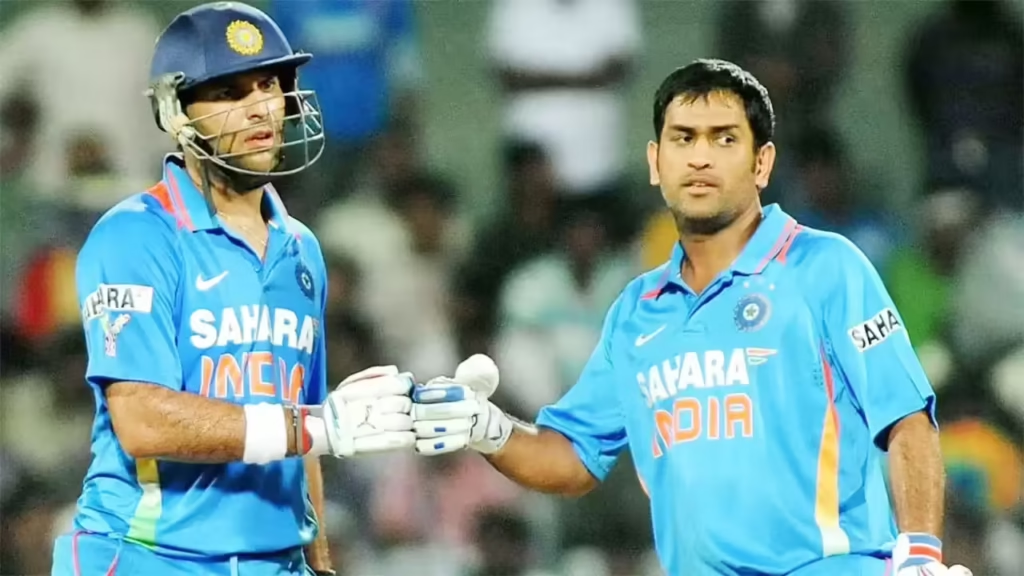Now Reading: Pahalgam Outrage Overshadows India-Pakistan Asia Cup Clash
-
01
Pahalgam Outrage Overshadows India-Pakistan Asia Cup Clash
Pahalgam Outrage Overshadows India-Pakistan Asia Cup Clash

The India-Pakistan Asia Cup match in Dubai on Sunday was marred by political controversy and public outrage, particularly in the wake of the April 22 Pahalgam terror attack that claimed 26 lives. While the Indian team secured a seven-wicket victory, the post-match handshake snub and the timing of the game sparked widespread criticism across India.
Political Backlash:
In Maharashtra, Shiv Sena (UBT) leaders condemned the match as disrespectful to the victims of the Pahalgam attack, with MP Sanjay Raut labeling it “treason” and “shameless.” The BJP countered, accusing the opposition of hypocrisy for boycotting the match while maintaining alliances with Congress, which has been perceived as lenient towards Pakistan.
Opposition Criticism:
Trinamool Congress (TMC) leaders in West Bengal also voiced their disapproval, questioning the government’s stance on sports diplomacy. MP Mahua Moitra sarcastically remarked that “blood and cricket” seemed to flow together, criticizing the BJP’s approach to the match amid ongoing tensions.
Victims’ Families Speak Out:
Families of the Pahalgam terror attack victims expressed deep anguish over the match, viewing it as a betrayal of their loved ones’ memories. One family member described “Operation Sindoor” as a “waste,” questioning the government’s decision to engage in sports ties with Pakistan so soon after the tragedy.
Cricketing Perspectives:
Former Pakistan cricketer Shoaib Akhtar criticized India’s refusal to shake hands post-match, urging that cricket should not be politicized. He expressed support for Pakistan’s protest against the gesture, highlighting the importance of sportsmanship.
Conclusion:
The India-Pakistan Asia Cup match, while a sporting event, has become a focal point for nationalistic sentiments and political discourse. The controversy underscores the complex interplay between sports and geopolitics, reflecting the deep emotional and political divides that continue to shape public opinion.

























